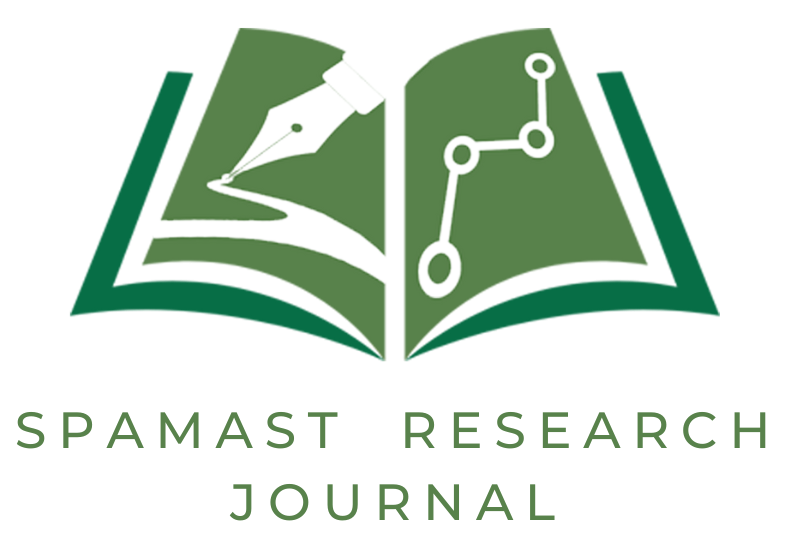Aims & Scope
The Southern Philippines Agri-business and Marine and Aquatic School of Technology (SPAMAST) Research Journal (SRJ) aims to provide a forum for original and theoretical studies in agriculture, business, engineering, education, and natural sciences. It is a refereed journal which covers applied and theoretical approaches. Papers constitute original research, and are methodologically sound, theoretically informed and of relevance to an international reader. The journal is particularly interested in research that aims to inform educational practice(s) within and/or across sectors.
The journal accepts manuscripts on the subjects listed below:
- Accounting Education
- Action Research
- Agribusiness
- Agriculture
- Biology
- Ecology
- Education
- Engineering
- Environmental Sciences
- Fisheries
- Humanities
- ICT
- Learning Strategies
- Linguistics
- Marine Sciences
- Qualitative Methods
- Quantitative Methods
- Social Sciences
- Teaching Strategies
Anti-Plagiarism Policy
SPAMAST Research Journal is strict in matters of plagiarism. The journal does not accept plagiarized articles for publication. If the journal’s editors find a submitted plagiarized article, then the author(s) of the article may be banned from the journal. Thus, all authors are required to check their articles for plagiarism before submitting their articles for publication.
Editorial Peer Review Process
SPAMAST Research Journal employs double-blind peer review process, where both reviewers and authors remain anonymous throughout the review process. Every article submitted for publication is read by an editor during the initial review stage. If the article follows the editorial format and policies, and with a minimum quality level, it will be sent to two peer reviewers. Reviewers’ comments are confidential. Based on the reviewers’ comments, the Editorial Board makes a final decision on the acceptability of the manuscript, and communicates to the authors the decision, along with referees’ reports. Whether significant revisions are proposed, acceptance remains dependent on whether the author can deal with those satisfactorily.
Retraction Guidelines (Committee on Publication Ethics)
SPAMAST Research Journal editors can retract a publication based on the
following grounds:
- There is clear evidence that the findings are unreliable, either as a result of misconduct (e.g. data fabrication) or honest error (e.g. miscalculation or experimental error)
- There is clear evidence that the findings of the article have previously been published elsewhere without proper cross referencing, permission or justification (i.e. cases of redundant publication)
- The article constitutes plagiarism.
- Journal editors should consider issuing an expression of concern if
- they receive inconclusive evidence of research or publication misconduct by the authors
- there is evidence that the findings are unreliable but the authors’ institution will not investigate the case
- they believe that an investigation into alleged misconduct related to the publication either has not been, or would not be, fair and impartial or conclusive
- an investigation is underway but a judgment will not be available for a considerable time
- a small portion of an otherwise reliable publication proves to be misleading (especially because of honest error)
- the author / contributor list is incorrect (i.e. a deserving author has been omitted or somebody who does not meet authorship criteria has been included) Retractions are not usually appropriate if:
- a change of authorship is required but there is no reason to doubt the validity of the findings
Notices of retraction should:
- be linked to the retracted article wherever possible (i.e. in all electronic versions)
- clearly identify the retracted article (e.g. by including the title and authors in the retraction heading)
- be clearly identified as a retraction (i.e. distinct from other types of correction or comment)
- be published promptly to minimize harmful effects from misleading publications
